If you’ve ever stood in an aisle of suitcases, overwhelmed by options, you’re not alone. Choosing between hardshell and softshell luggage is one of those decisions that can genuinely impact your travel experience. Whether you're cramming a bag into an overhead compartment, dealing with overzealous baggage handlers, or trying to squeeze in that one last souvenir, the type of suitcase you pick can make or break your trip. But is there really a clear winner?
It depends! Every type of traveller and trip has unique needs, and the key is finding what works for you. This guide breaks down the pros and cons of both hardshell and softshell luggage, helping you make the right choice for your next adventure.
Why The Right Luggage Matters
Ever had a suitcase that’s too heavy to lift onto the overhead rack? Or one that ripped right as you were trying to zip it closed? These are the headaches we’re trying to help you avoid.
Good luggage is an investment—one that should adapt to your travel style and stand up to the trials of travel. Airlines tossing bags, rainy curbside waits, and endless wheeling through terminals—your luggage should endure it all. Choosing between hardshell and softshell is about finding what suits you and your journeys.
Hardshell vs. Softshell Luggage—The Basics
What is Hardshell Luggage?
Hardshell luggage, as the name suggests, has a rigid, hard outer shell and is usually made from materials like polycarbonate, polypropylene, ABS plastic, or aluminium. It’s designed to protect your belongings from external shocks or rough handling.
What is Softshell Luggage?
Softshell luggage, on the other hand, has a flexible outer layer typically made from fabrics like ballistic nylon, polyester, or canvas. These suitcases are slightly more forgiving in tight spaces and often come with expandable features for extra packing capacity.
Pros and Cons of Hardshell Luggage
The Pros
- Protection: Hardshell suitcases are practically bulletproof when it comes to protecting fragile items. If you're bringing delicate souvenirs or electronics, this is your go-to.
- Security: Many hardshell models come with built-in TSA-approved locks, providing extra peace of mind. The solid construction also makes it trickier for theft during transit.
- Aesthetics: Hardshell luggage often wins in the style department. Their sleek, modern look and range of colour options can make you stand out in a sea of black bags.
- Easy to Clean: Hardshell luggage wipes clean in seconds, keeping it looking sleek and fresh after every trip.
- Weather Resistance: Hard-shell suitcases typically offer better protection against weather conditions, particularly water resistance. This feature helps keep belongings dry in wet conditions.
The Cons
- Weight: Although recent advancements have made hardshell luggage lighter, they’re still typically heavier than their softshell counterparts.
- No Room to Squeeze: Hardshell luggage lacks flexibility, making it harder to fit into tight spaces or accommodate those last-minute extras.
- Prone to Scratches: While stylish, the hard exterior often picks up scratches, dents, or scuffs, especially during rough baggage handling.
- Awkward to Pack: The 50:50 split design of hardshell luggage can be cumbersome, requiring more space and making it harder to pack efficiently in tight quarters.
Pros and Cons of Softshell Luggage
The Pros
- Lightweight: Softshell luggage is often lighter than hardshell luggage, meaning you can save on airline weight limits and pack more.
- Expandable Space: Many softshell bags have handy zippered extensions, giving you the added flexibility to pack last-minute items.
- Storage Flexibility: Softshell bags can squeeze into tight storage spaces, making them perfect for flights or cars with limited room.
- External Pockets: Softshell bags are ideal with their multiple compartments, offering easy access to travel documents or books.
- Resilient: Softshell luggage resists scratches and abrasions, maintaining its look while absorbing shocks without cracking.
- Easy To Pack: Softshell luggage often features top-loading designs and multiple compartments, making it easy and hassle-free to pack.
The Cons
- Less Protection: Softshell bags don’t protect fragile items as well as hardshell ones. The fabric is susceptible to ripping or wear and tear over time.
- Security: Soft-sided luggage is less secure—its fabric can be cut, and most don’t include built-in locks.
- Water Damage: While some softshell bags are water-resistant, they’re not entirely waterproof. A sudden downpour could leave your belongings damp.
- Style: Although there are chic options, softshell luggage usually has a more traditional appearance compared to the sleek, modern vibe of hardshells.
- Staining or Cleaning: Softshell luggage can easily pick up stains and dirt, and it can’t be cleaned simply with a damp cloth.
Comparison Table: Hardshell vs. Softshell Luggage
| Factor | Hardshell Luggage | Softshell Luggage |
|---|---|---|
| Durability | Highly durable, resistant to impacts and scratches. | Less durable, prone to ripping and wear over time. |
| Weight | Generally heavier due to the rigid materials. | Lighter and easier to carry or store. |
| Flexibility | Rigid, limited flexibility for packing odd shapes. | Flexible, allows easier packing of irregular items. |
| Water Resistance | Often highly water-resistant, some are waterproof. | Usually water-resistant but not waterproof. |
| Style | Sleek, modern, and stylish designs are common. | More traditional in appearance, with some chic options. |
| Accessibility | Limited external access, no outer pockets. | Multiple external pockets for easy access to essentials. |
| Maintenance | Wipes clean easily with a damp cloth. | Requires spot cleaning and fabric care. |
| Packing | Harder to pack with a 50:50 opening. | Top-loading design allows for easy packing & unpacking. |
| Security | Resistant to tampering, often includes built-in locks. | Vulnerable to cutting, usually requires an external lock. |
FAQs
Q1. Is softshell always lighter than hardshell? Not always. With advancements in materials like polycarbonate, some lightweight hardshell suitcases now rival softshells in weight.
Q2. Are hardshell cases waterproof? Yes, most hardshells are water-resistant. However, always double-check the product details, as some materials (like ABS) may be less waterproof compared to polycarbonate.
Q3. Can softshell luggage last as long as hardshell? With proper care, high-quality softshell luggage can last for years. Ensure you buy from a reputable brand, as cheaper models might rip or wear out faster.
Q4. Can I use both types? Absolutely! Many frequent travellers use hardshell for international trips and softshell for shorter, casual outings.
Q5. What’s better for cabin luggage? Softshell luggage tends to squeeze into overhead compartments better, but compact hardshell cabin bags with wheels are another popular choice.
Q6. Which type of luggage offers better protection for fragile items? Hard-shell luggage provides better protection for fragile items due to its rigid structure and durable materials like polycarbonate or aluminium. It absorbs impacts, resists crushing, and offers superior water resistance.
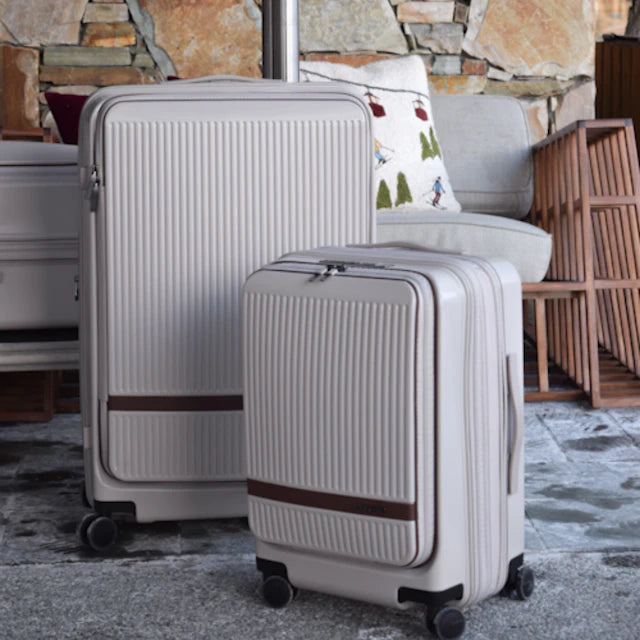
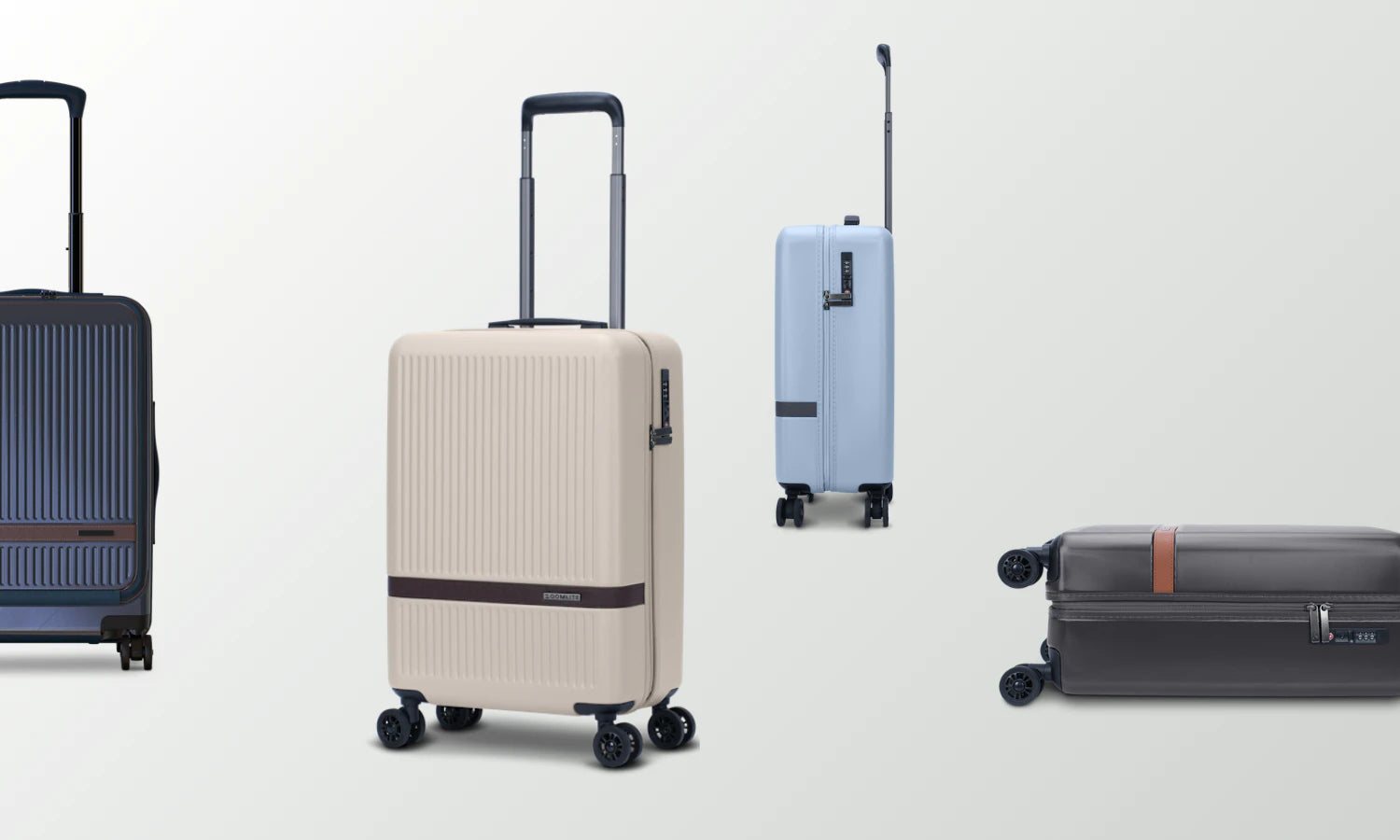
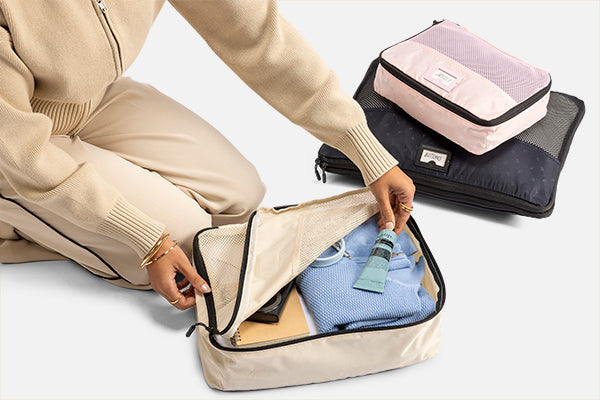
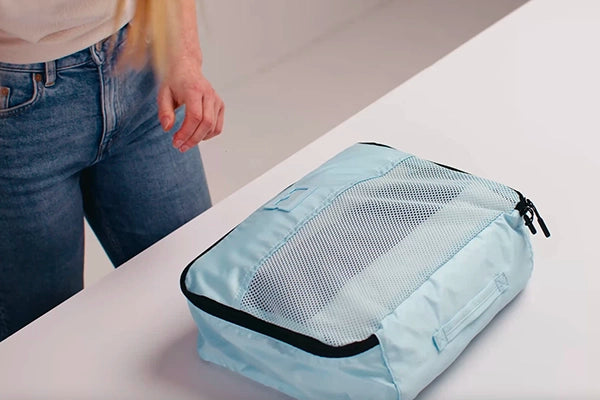
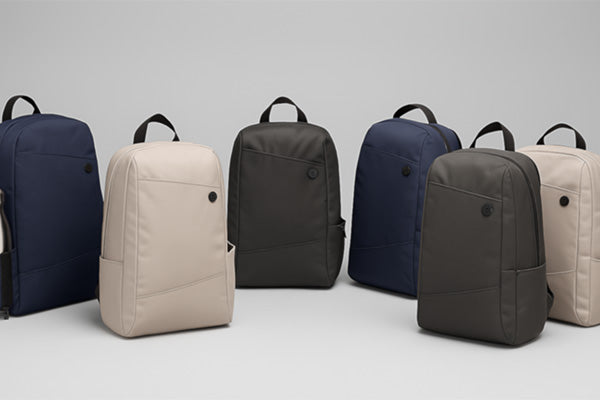
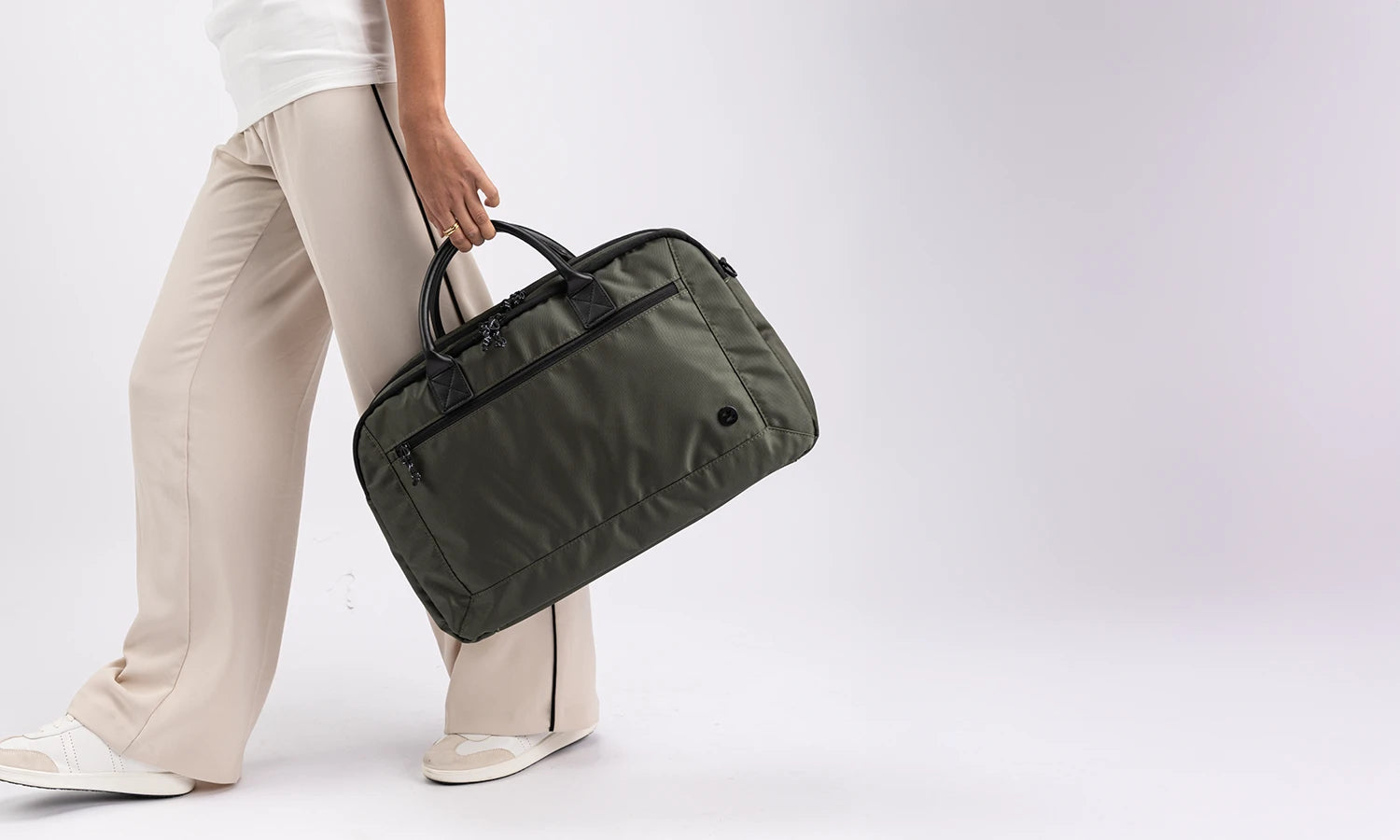
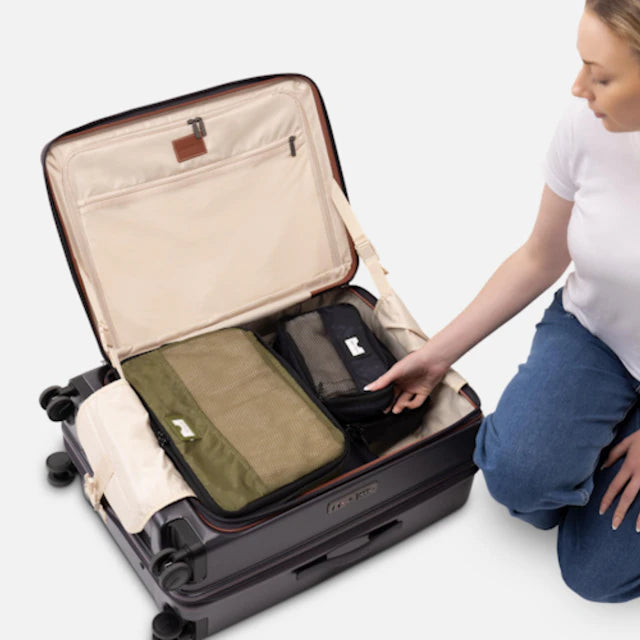


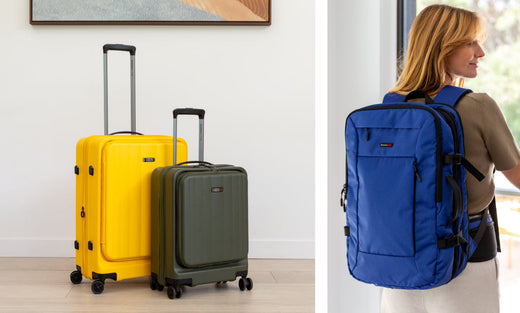




Leave a comment